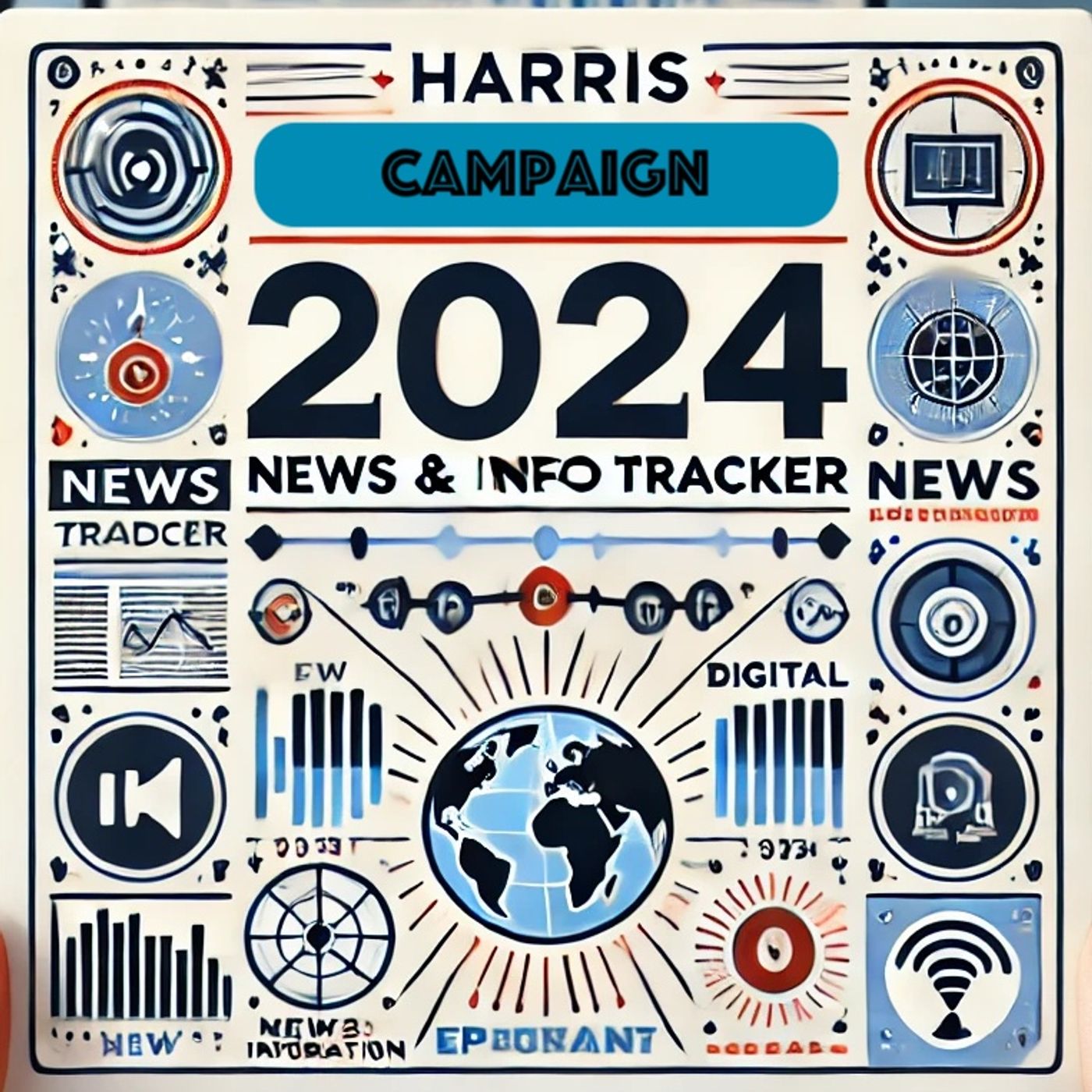Dec 07 2024 2 mins
In the evolving landscape of the 2024 presidential race, Vice President Kamala Harris has found herself under scrutiny from political opponents. Among the critics is Harrison Fields, a surrogate for Donald Trump's 2024 campaign. Fields has been vocal in dismissing Harris's campaign strategy, arguing that substantial donor contributions to her campaign have not translated into real voter engagement or connection.
Fields claims that financial backing alone is insufficient for political success, emphasizing that "authenticity" and a genuine connection with the electorate are pivotal. He asserts that Harris's focus on fundraising has detracted from the personal engagement necessary to galvanize voters, suggesting that her monetary resources have been ineffective, describing them as having gone "down the drain."
This criticism comes in the context of a broader narrative as the Democratic Party faces challenges in maintaining its coalition and voter base in the upcoming election. Vice President Harris, who made history as the first female, first Black, and first South Asian Vice President, carries the task of helping the Biden administration appeal to a diverse and dynamic electorate while addressing criticisms from political adversaries.
Despite these criticisms, Harris continues to engage in her vice-presidential duties and campaign activities, advocating for policies she believes will resonate with the American people. Her strategy appears to focus on key Democratic issues such as healthcare, economic equity, and climate change, aiming to build on the achievements of the current administration and draw clear distinctions from Republican challengers.
This exchange highlights the strategic divides between the two major parties as the 2024 election approaches. While Democrats like Harris are being tested on their ability to connect with voters and sustain enthusiasm, Trump surrogates, including Fields, are doubling down on critiques that emphasize authenticity and voter connection over financial resources. As the political season unfolds, the effectiveness of these strategies in capturing the electorate's attention remains to be seen.
Fields claims that financial backing alone is insufficient for political success, emphasizing that "authenticity" and a genuine connection with the electorate are pivotal. He asserts that Harris's focus on fundraising has detracted from the personal engagement necessary to galvanize voters, suggesting that her monetary resources have been ineffective, describing them as having gone "down the drain."
This criticism comes in the context of a broader narrative as the Democratic Party faces challenges in maintaining its coalition and voter base in the upcoming election. Vice President Harris, who made history as the first female, first Black, and first South Asian Vice President, carries the task of helping the Biden administration appeal to a diverse and dynamic electorate while addressing criticisms from political adversaries.
Despite these criticisms, Harris continues to engage in her vice-presidential duties and campaign activities, advocating for policies she believes will resonate with the American people. Her strategy appears to focus on key Democratic issues such as healthcare, economic equity, and climate change, aiming to build on the achievements of the current administration and draw clear distinctions from Republican challengers.
This exchange highlights the strategic divides between the two major parties as the 2024 election approaches. While Democrats like Harris are being tested on their ability to connect with voters and sustain enthusiasm, Trump surrogates, including Fields, are doubling down on critiques that emphasize authenticity and voter connection over financial resources. As the political season unfolds, the effectiveness of these strategies in capturing the electorate's attention remains to be seen.
